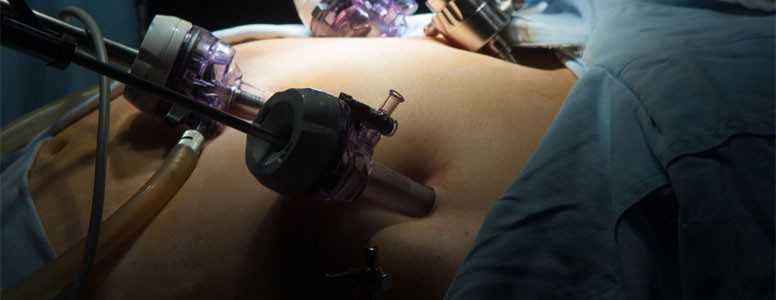The medical technology company Cellnovo, which produces the first connected insulin micro-pump, has announced the imminent start of a new clinical study for ensuring that its artificial pancreas system complies with EU legislation.
Cellnovo is currently co-developing this artificial pancreas system in Europe with its French partner, Diabeloop. Last year, Cellnovo also partnered with TypeZero for a similar artificial pancreas project in the US.
In September 2016, Cellnovo raised funds to accelerate the finalisation of the European artificial pancreas system: a connected all-in one pump automated to interpret information from a person’s continuous glucose monitoring device and deliver insulin accordingly in real time.
After a successful fundraising operatio, Cellnovo has obtained good results in the first clinical study which involved 36 patients testing out a prototype of the system, pairing its pump to Diabeloop’s algorithm.
The results will be fully revealed by Diabeloop at the Advanced Technologies and Treatments for Diabetes (ATTD) conference, taking place between the 15th and 18th of February in Paris.
On receiving these results, Cellnovo has recently delivered its first Bluetooth pumps to Diabeloop ahead of a second trial, which will start next February.
The upcoming study will be slightly bigger, including 60 patients, and will in part determine whether the artificial pancreas can obtain a CE mark, which is simply a guarantee of the quality and efficacy of the system under EU rules.
The first results are expected this year. If they are positive, the artificial pancreas system by Cellnovo and Diabeloop could be commercialised in Europe in 2018.
Image source: Cellnovo
What's new on the forum? ⭐️
Get our free newsletters
Stay up to date with the latest news, research and breakthroughs.






